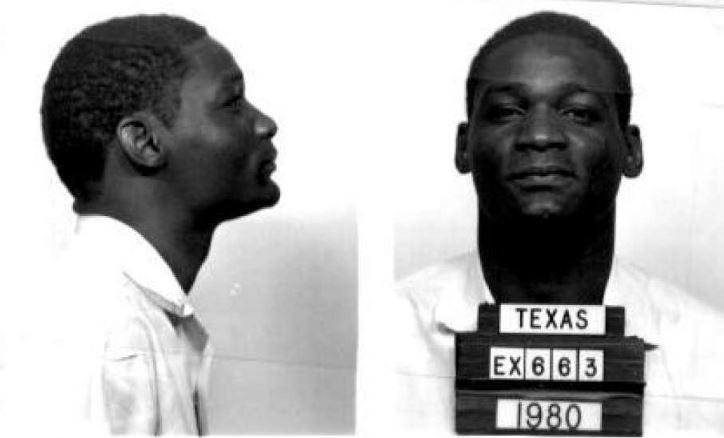March 28 (UPI) -- The U.S. Supreme Court ruled Tuesday that Texas used incorrect methods of determining if an intellectually disabled death row inmate could be executed.
The case of Bobby James Moore, 57, convicted in 1980 of murder during a botched robbery attempt, will be returned to an appeals court. The ruling invalidates Texas' current method of determining if an inmate facing the death sentence is intellectually disabled.















